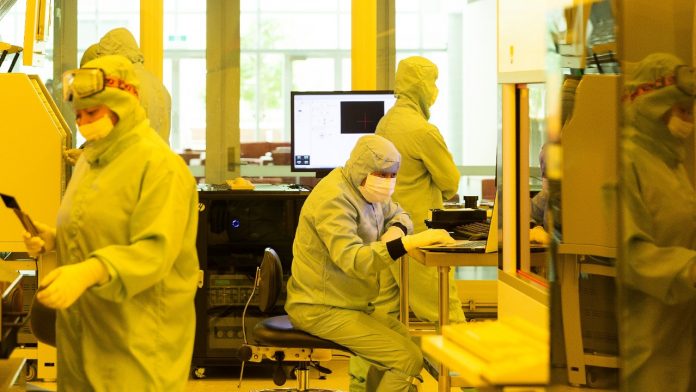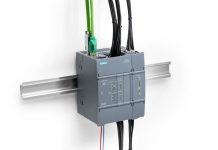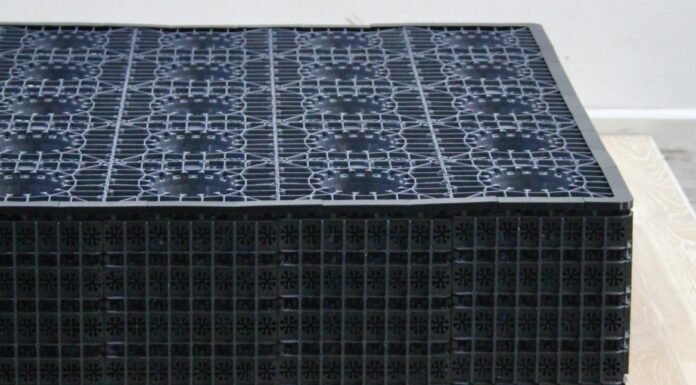
The Royal Australian Air Force will establish a new Smart Sensing Laboratory at the University of Sydney’s Nano Institute to develop world-leading sensing technology for Australia’s defence that will be optimised for Australian conditions, including humidity, foliage and other environmental factors that currently pose challenges for airborne sensors.
Researchers at the Jericho Smart Sensing Laboratory will develop nanoscale devices that will boost RAAF’s ability to assess the physical, chemical, biological, acoustic or electromagnetic environment.
Deputy Chief of Air Force, Air Vice-Marshal Gavin Turnbull, said the scientific collaboration formed a key part of RAAF’s Plan Jerico, aimed at developing augmented intelligence capability to protect Australia from technologically sophisticated and rapidly changing threats.
“We need to think differently to achieve and maintain our competitive edge in a rapidly changing world, and this is something we cannot do alone,” Air-Vice Marshal Turnbull said.
“Our academic and other partners are helping us to disrupt ourselves in a controlled way, which is a far better proposition than unwillingly being disrupted by our competitors.”
Associate Professor Cara Wrigley from the Sydney School of Architecture, Design and Planning has been named the Jericho Chair of Design Innovation, tasked with bringing the University of Sydney’s research closer to real-world defence problems.
“The University of Sydney’s world-leading design methodologies partnered with Air Force’s experience will accelerate our cutting-edge photonics research into a real defence capability advantage for Australia,” she said.
“When used on aircraft, satellites, vehicles and integrated into a sophisticated Combat Cloud – or Internet of Defence Things – these sensors will enable game-changing awareness.”
Professor Benjamin Eggleton from the School of Physics and Director of Sydney Nano, said the Jericho Smart Sensing Laboratory will see the design, development and integration of future-generation photonic sensors, to provide enhanced situational awareness for the RAAF.
“Our smart-sensing technologies are enabled by photonic platforms, which are miniaturised on to thumbnail-sized chips to bring massive reduction in size, weight and power consumption, ideally suited for mobile or aerial platforms,” Professor Eggleton explained, adding that the sensing chips use photons – particles of light – which cannot be affected by electromagnetic fields in the way that electronic chips can be.
“These compact, power-efficient, rugged and reliable sensors will provide information that will enable smart, timely decision-making,” the Professor concluded.



















